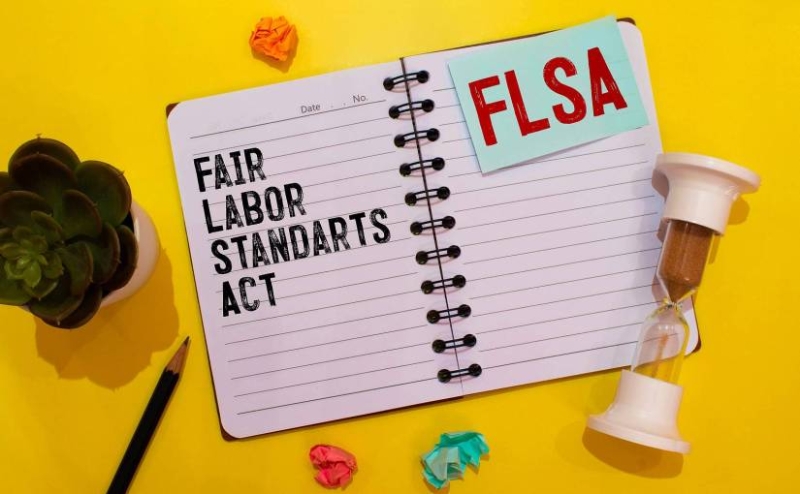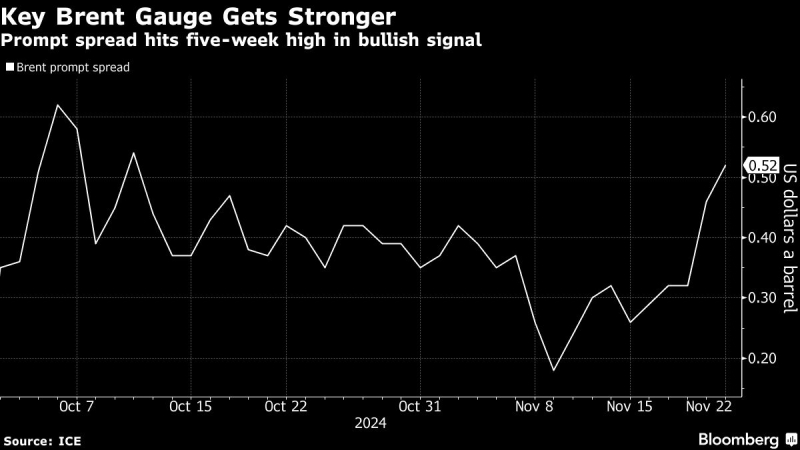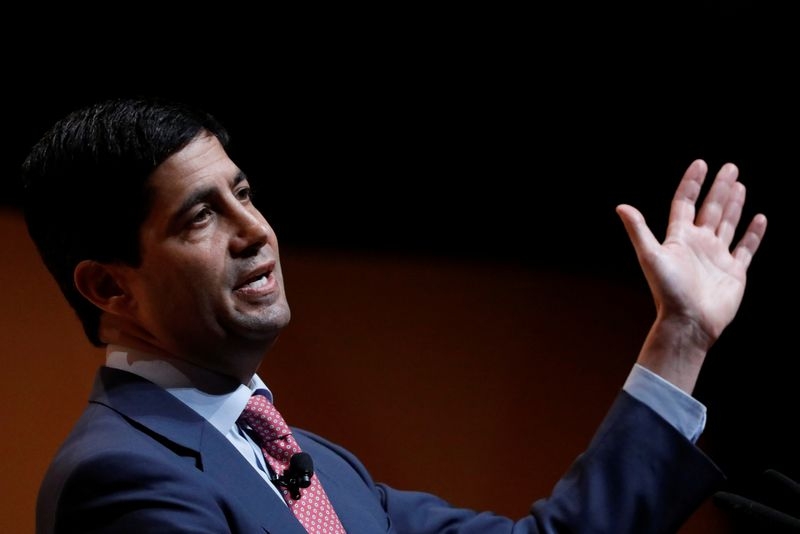
In case you haven’t noticed the yard signs popping up like mushrooms, the constant barrage of television and radio advertisements, or the unsolicited text messages from unknown numbers, we are in the homestretch of election season. For those employers with questions on how to handle political speech in the workplace, especially during the last few days before (and hopefully not much beyond) Election Day, here is a refresher on the basics for private employers.
The First Amendment to the U.S. Constitution prevents the government from enacting laws to prohibit the free exercise of speech and assembly, among other liberties. It does not apply to private employers. Where there is no state action involved, there is no unfettered right to free speech in a private place of employment. Quite simply, a private employer can enact rules to keep political expression from its workplace. Some employers prohibit political speech in the workplace to avoid potential disruptions to business operations, customer relations, or employee morale.
If an employer adopts a policy concerning political expression and messaging, it must do so fairly and consistently, and it should be inclusive and consistent to avoid the perception of favoritism or discrimination. In other words, if an employer requires Meghan to remove her Kamala button, it should also direct Dennis not to wear his Trump t-shirt. Remote workers are still “in the workplace” when they participate in virtual meetings, so there are no separate rules for them.
When enacting rules about political expression and messaging in the workplace, private employers should of course remain aware of the National Labor Relations Act (NLRA), which applies to both union and non-union settings, and among other things protects employees’ ability to engage in concerted activity or to discuss the terms and conditions of their employment. Therefore, private employers must be mindful of a potential nexus or overlap between employees’ political speech and discussion of working conditions. Under the NLRA, for instance, employees may distribute information during non-working time about a candidate’s stance on a particular issue that may also constitute a complaint about the employees’ working conditions.
© Copyright Babst, Calland, Clements and Zomnir, P.C. by: Janet K. Meub of Babst, Calland, Clements & Zomnir, P.C. For more on Political Speech, visit the NLR Constitutional Law section.





